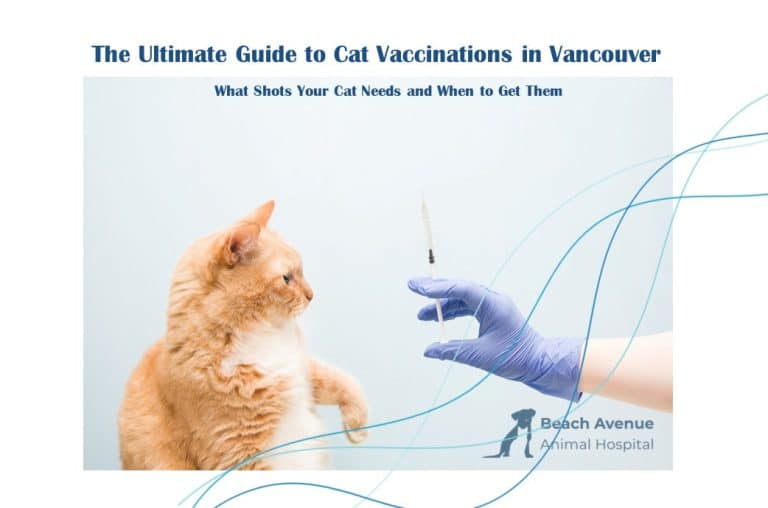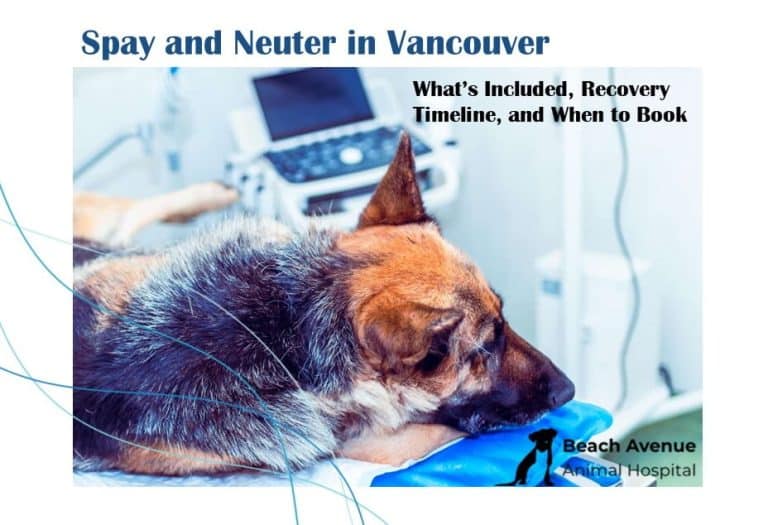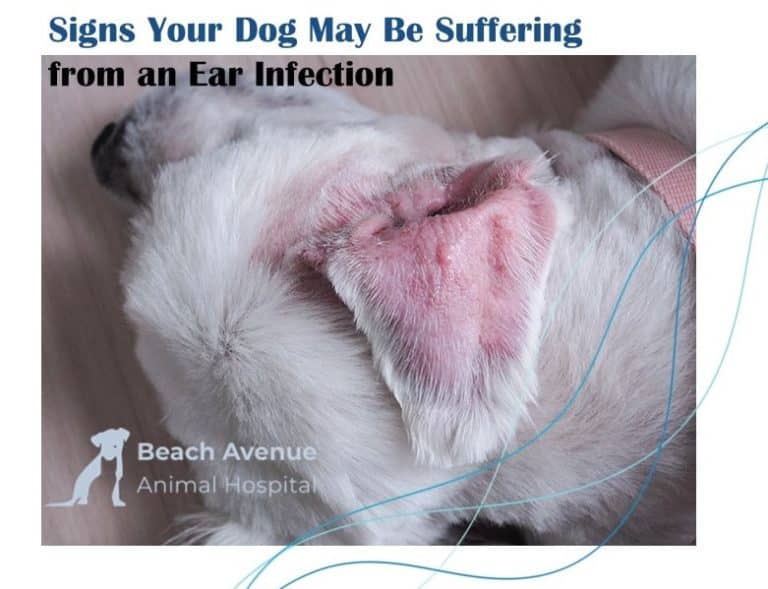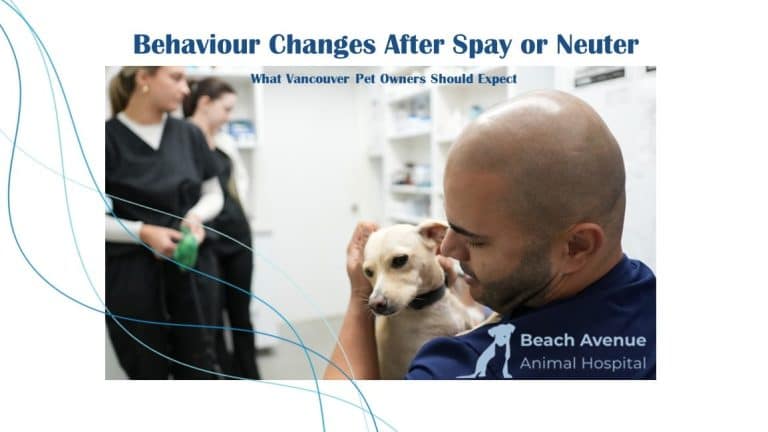When your dog or cat has bad breath, it might seem like a minor issue—but it’s often a sign of something more serious. Just like in humans, oral health in pets is deeply connected to their overall well-being. Left untreated, dental problems can lead to pain, tooth loss, and infections that affect vital organs such as the heart and kidneys. That’s why professional dental care isn’t just about keeping your pet’s breath fresh—it’s about protecting their long-term health and comfort.
The Overlooked Importance of Dental Health in Pets
While many pet owners associate dental care with cosmetic benefits, veterinary dentistry goes much further. Bacteria that build up in the mouth can lead to periodontal disease, an inflammatory condition affecting the gums and tissues that support the teeth. This can cause significant pain and even lead to bacteria entering the bloodstream, potentially damaging organs over time.
Regular dental cleanings and assessments help prevent these issues and ensure that your pet remains happy, active, and pain-free. Investing in your pet’s dental health is an essential part of their preventive care.
What Happens During a Professional Pet Dental Cleaning (COHAT)?
When it comes to your pet’s health, dental care plays a far more critical role than just improving breath. Regular professional cleanings—referred to as COHATs (Comprehensive Oral Health Assessment and Treatment)—are essential for identifying hidden issues that could be causing pain or affecting your pet’s quality of life.
During a COHAT, your pet is placed under general anesthesia so the veterinary team can perform a full diagnostic evaluation using radiographs or advanced imaging like Cone Beam CT. This allows detection of serious conditions that aren’t visible during routine exams, such as:
- Tooth root abscesses
- Fractured teeth below the gumline
- Non-vital (dead) teeth
Following imaging, the veterinarian performs a detailed oral examination while your pet is still under anesthesia. They check for periodontal pockets, loose or damaged teeth, oral tumors, and other signs of disease or discomfort.
While this exam is underway, a Registered Veterinary Technician begins ultrasonically scaling your pet’s teeth—both above and below the gumline—to remove harmful plaque and tartar. This simultaneous process helps minimize anesthesia time, ensuring a safer procedure.
Once scaling is complete, each tooth is polished to smooth the enamel and reduce future plaque buildup. The mouth is then carefully rinsed and dried to remove any debris. Finally, the veterinarian carries out any necessary treatments—such as extractions or periodontal therapy—based on the findings and discussions with you.

In short, pet dental care is about far more than fresh breath. It’s a critical preventive service that safeguards your pet’s comfort, reduces the risk of systemic illness, and improves their long-term wellbeing.
Common Hidden Dental Problems in Cats and Dogs
Some of the most serious dental issues in pets are invisible to the naked eye. That’s why imaging and thorough exams are crucial. Common hidden conditions include:
- Periodontal disease – inflammation and infection of the gums and bone
- Tooth root abscesses – pockets of pus at the root of a tooth
- Tooth fractures – especially those below the gumline
- Tooth resorption – common in cats, where the tooth structure breaks down
- Oral tumors – growths that may be benign or malignant

Detecting these early can prevent unnecessary pain and complications.
At-Home Dental Care vs. Professional Cleaning — What’s the Balance?
While at-home care plays an important role in oral hygiene, it’s not a substitute for professional cleanings. Pet owners should aim for a combination of:
- Daily brushing with pet-safe toothpaste
- Dental chews or treats approved by your veterinarian
- Water additives for oral health
- Annual professional dental assessments and cleaning
Routine cleanings under anesthesia allow for full scaling below the gumline and imaging to detect problems you can’t see.
How Often Should Your Pet Get a Dental Check-Up?
Veterinarians typically recommend a dental exam once a year. However, certain pets may require more frequent visits, especially:
- Puppies and kittens developing their first teeth
- Senior pets prone to gum disease
- Small dog breeds like Yorkies or Pomeranians, which are at higher risk
- Brachycephalic breeds (short-nosed dogs and cats) who often have crowded teeth
- You should also book an exam if you notice:
- Drooling or difficulty eating
- Bleeding gums
- Loose or discolored teeth
- Pawing at the mouth
- Strong or foul-smelling breath

Dental Care in Vancouver — Where to Start
If you’re a pet owner in Vancouver, finding a trusted dental care provider is the first step. Look for an animal hospital that:
- Offers advanced diagnostics like digital radiography or Cone Beam CT
- Provides gentle anesthesia protocols
- Has experienced staff trained in pet dentistry and oral surgery
- Can manage complex cases such as root canals, extractions, and tumor removal
One of the best animal hospitals in Vancouver for dental care is Beach Avenue Animal Hospital, where your pet’s oral health is managed with compassion, precision, and the latest technology.
Frequently Asked Questions
Do pets really need dental cleanings?
Yes. Professional cleanings are essential for removing plaque and tartar that brushing alone can’t eliminate, especially below the gumline.
Is anesthesia safe for pets during dental procedures?
Yes. Modern anesthesia protocols are very safe, especially when supervised by experienced veterinarians and technicians.
How can I reduce dental disease at home?
Brush your pet’s teeth regularly, use dental chews, and provide a vet-approved dental diet.
How much does pet dental cleaning cost in Vancouver?
Costs vary depending on the pet’s size and condition. Most dental cleanings range from $300 to $800, with added costs for X-rays, extractions, or specialized care.
Keep Your Pet Smiling—Literally
Pet dental care is a vital part of your animal’s health—not just a cosmetic concern. By combining regular at-home care with annual professional cleanings, you can prevent serious diseases and keep your furry friend feeling their best. If you’re in Vancouver, or neighborhoods like Yaletown or the West End, schedule your pet’s dental exam today and take the first step toward a healthier, happier life.










